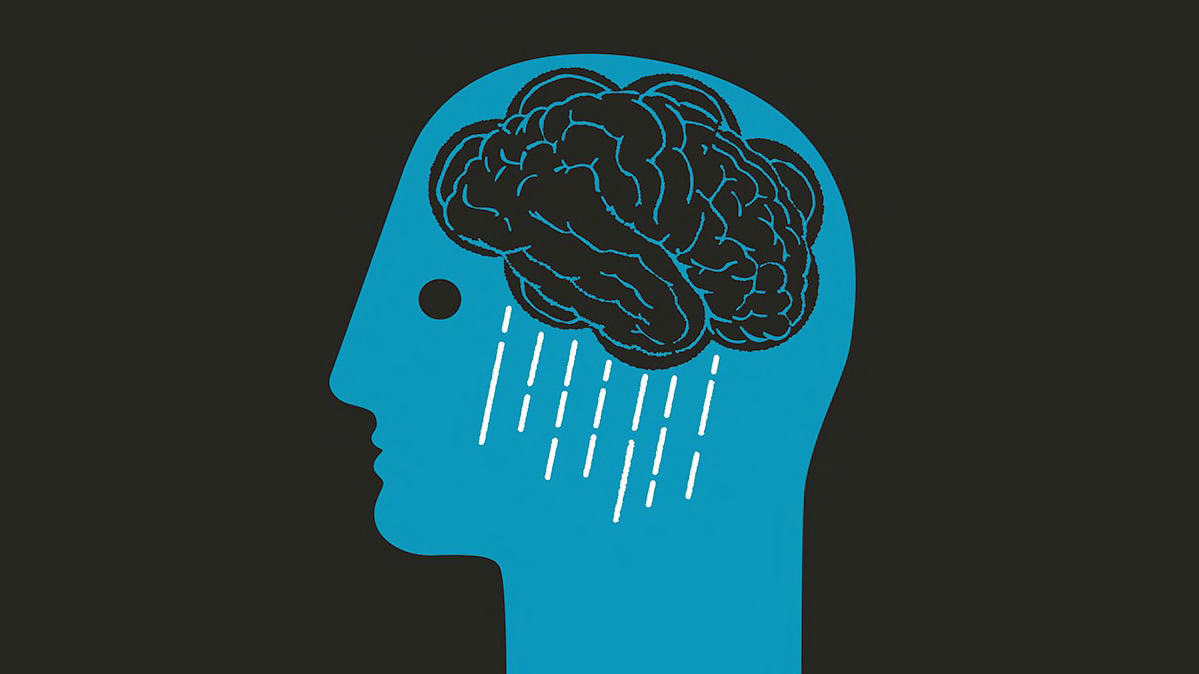What Causes Clinical Depression In The Brain

No one knows exactly what causes it but it can occur for a variety of reasons.
What causes clinical depression in the brain. You might have heard that depression stems from a chemical imbalance and that s partly true. This can cause a number of symptoms such as extreme tiredness and a lack of interest in sex loss of libido which can in turn lead to depression. On the one hand it is considered a physiological disorder of the brain. Neurotransmitters are naturally occurring brain chemicals that likely play a role in depression.
However no research in the past actually came to this conclusion. But brain inflammation during depression is linked to the amount of time a person has been depressed. It s still not clear however whether inflammation causes depression or vice versa. The hippocampus is located near the center of the brain.
Rather there are many possible causes of depression including faulty mood regulation by the brain genetic vulnerability stressful life events medications and medical problems. There are three parts of the brain that appear to play a role in mdd. The result may be emotional flooding persistently negative views of oneself and the world hopelessness and depressed mood. So clinical depression major depressive disorder is caused by a number of different factors but the bottom line is that in patients with depression the brain is inadequately equipped to process negative emotions.
Signals are sent through the brain and in fact the entire nervous system by special chemicals called neurotransmitters. With most drugs that aim to treat depression they advertise that low levels of serotonin in one s brain actually cause depression. Some people experience depression during a serious medical illness. Depression is an extremely complex disease.
There is some debate concerning the causes of depression. Many pharmaceutical companies just use the people s misconceptions about the illness to their advantage. Recent research indicates that changes in the function and effect of these neurotransmitters and how they interact with neurocircuits involved in maintaining mood stability may play a significant role in depression and its treatment. Research suggests that depression doesn t spring from simply having too much or too little of certain brain chemicals.
In people with depression the levels of certain brain chemicals are thought to be out of balance particularly these neurotransmitters.

